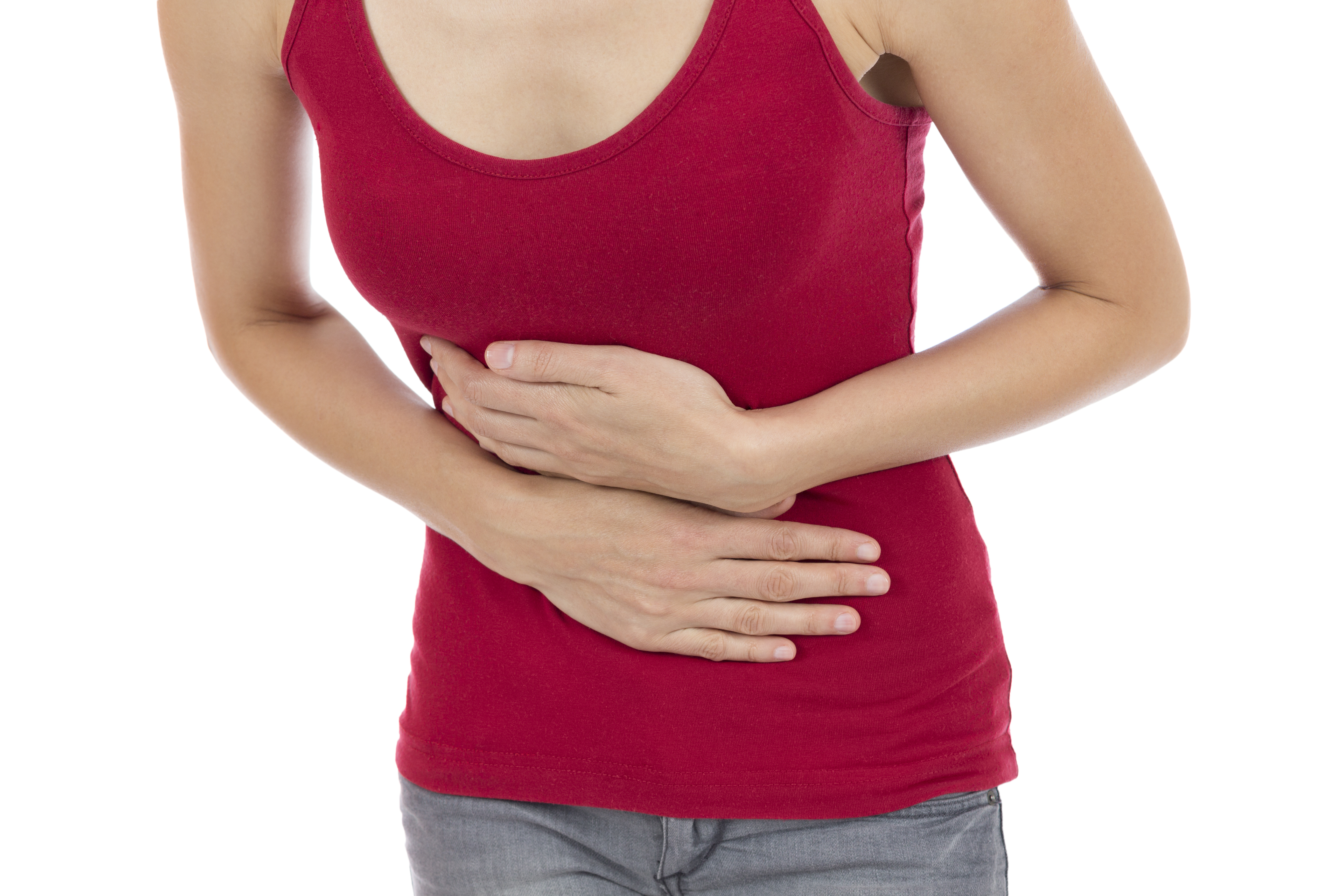
The reasons for wind, burping, flatulence and bloating fall broadly speaking into three categories, mechanical, dietary and other conditions.Įvery time we swallow we take some air into the stomach. Why does w ind, burping, flatulence and bloating occur?

Most of these gases are absorbed into the blood stream and eventually excreted in the breath but the rest is passed as flatus. The colon contains different kinds of bacteria which are essential to good health and which ferment material from the small intestine, producing large volumes of gasses such as hydrogen, methane, carbon dioxide. Hydrogen, methane, carbon dioxide: the small intestine is the place where the food we eat is digested and absorbed the residues, such as dietary fibre and some carbohydrates, then pass through to the large bowel. In other words, the vast majority of gut wind originates from swallowing or digestion, not from bacterial fermentation. When these gases move into the small intestine most of the oxygen and carbon dioxide are absorbed into the blood stream and the nitrogen is passed down the large bowel (colon). Nitrogen, oxygen and carbon dioxide: the nitrogen and oxygen comes from swallowed air whilst the carbon dioxide is produced by stomach acid mixing with bicarbonate in bile and pancreatic juices. The remaining 10% contains small amounts of other gases.

Over 90% of wind in the gut is made up of five gases: nitrogen, oxygen, carbon dioxide, hydrogen and methane.

Many people think that they have too much wind and flatulence, but in an otherwise healthy person, these events are absolutely nothing to worry about. This factsheet is about w ind, burping, flatulence and bloating


 0 kommentar(er)
0 kommentar(er)
